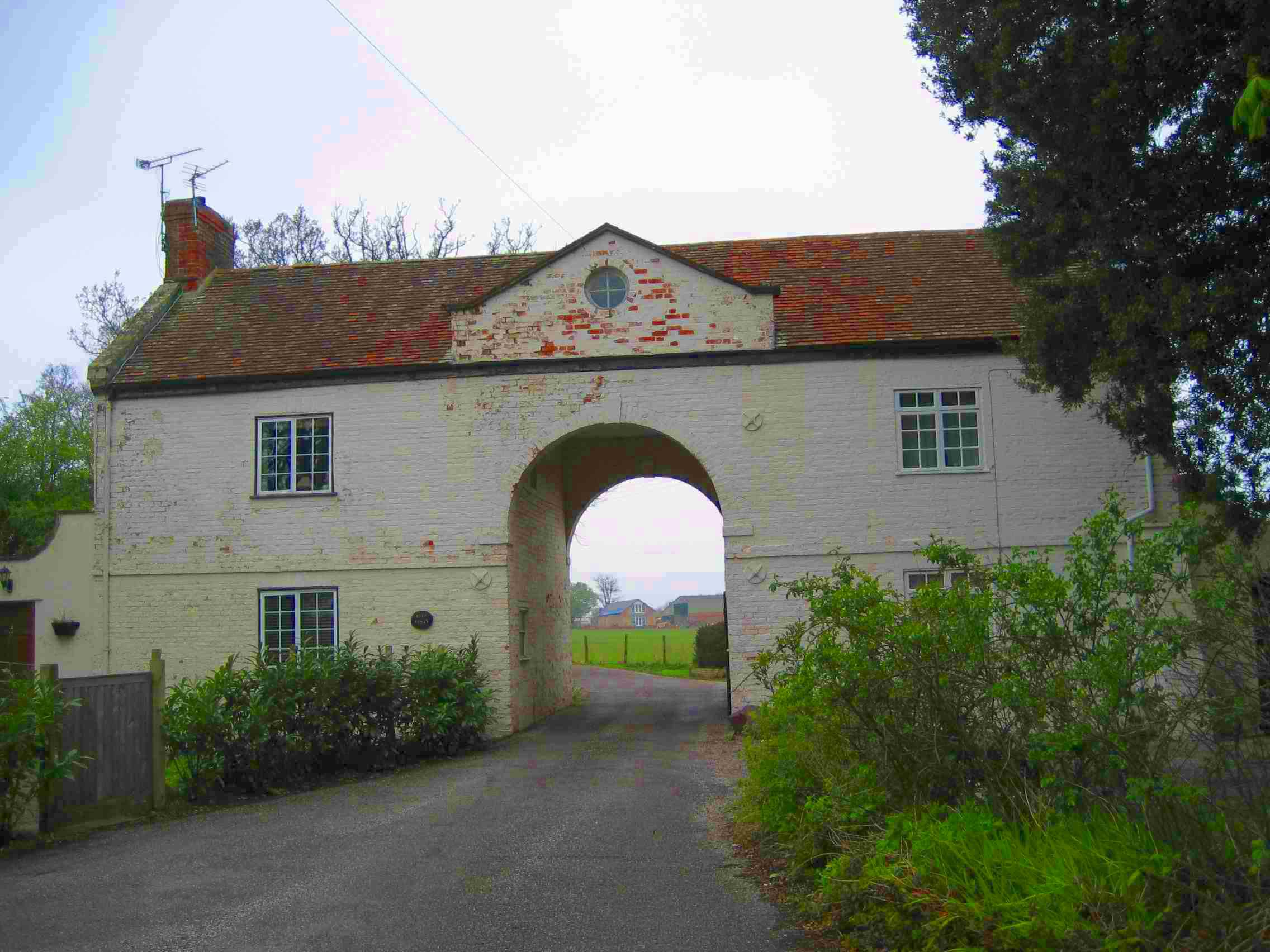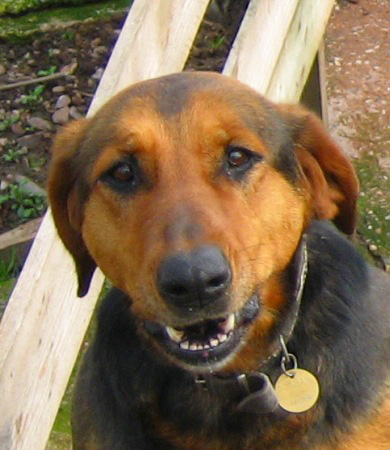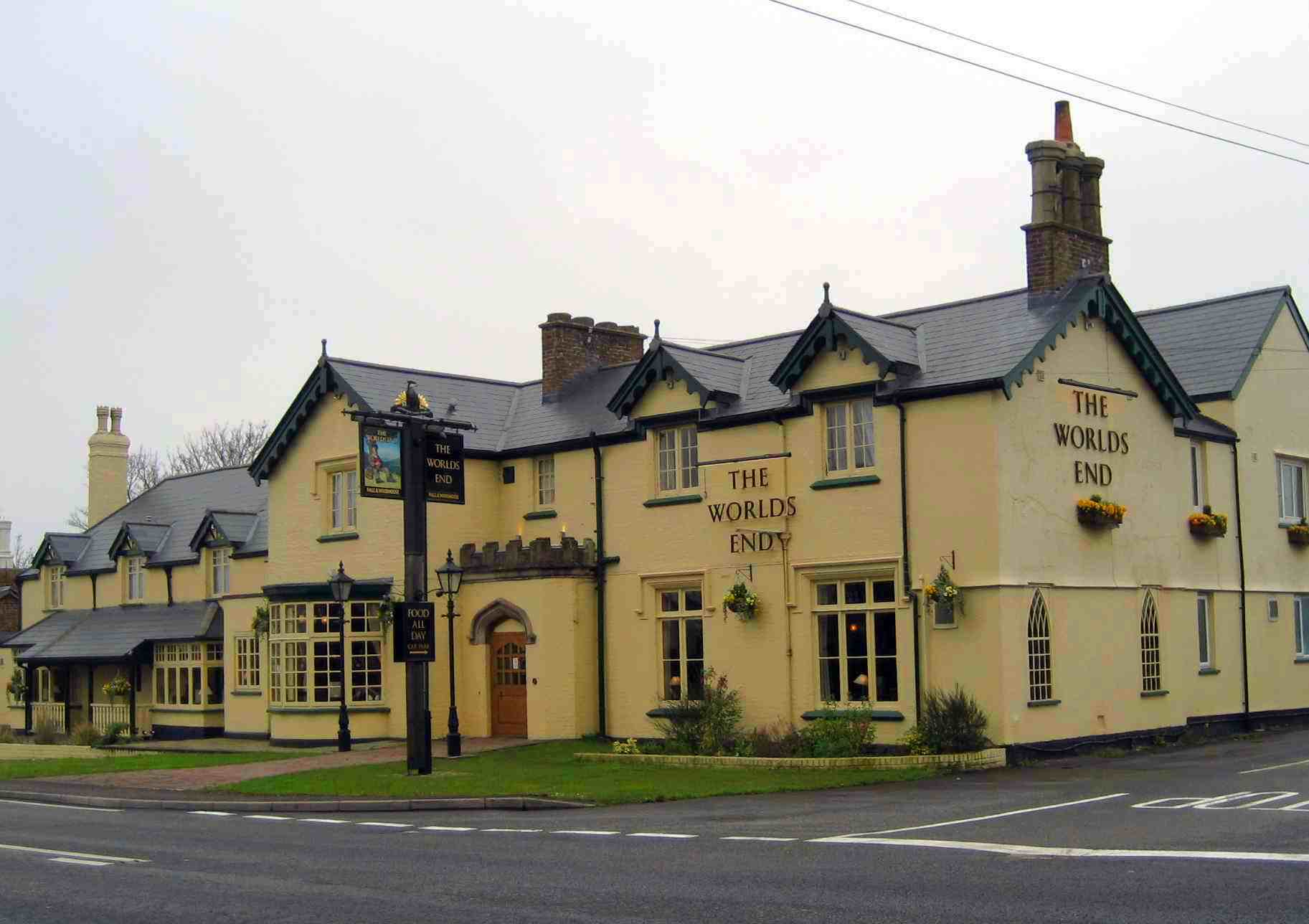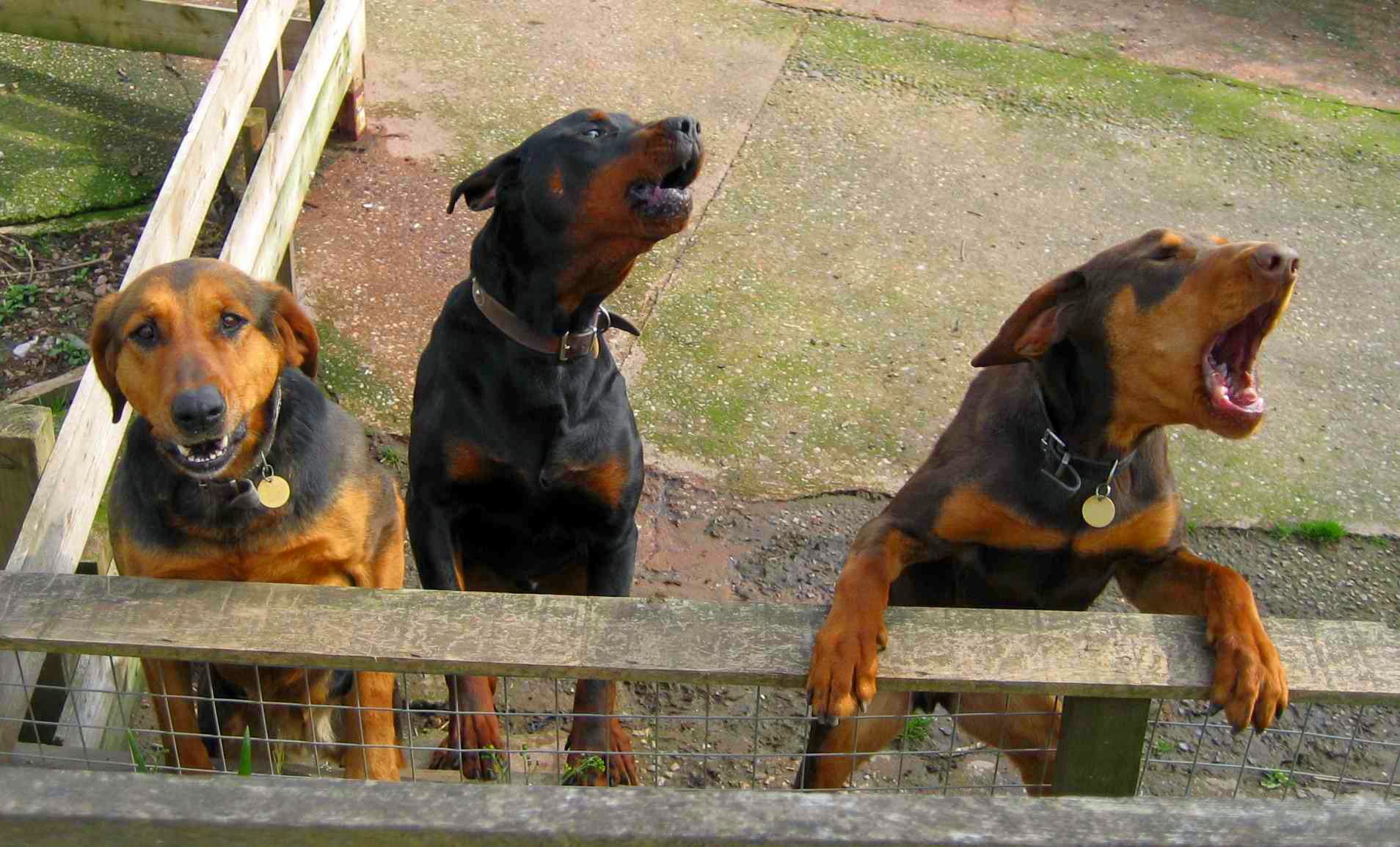| Hike Southbound through
Britain with Daryl May Click for Northbound hike |
|
 |
|
 |
|
| "I can send for reinforcements, you know," said the dog | |
| Days S53 - S65 English West Country | |
| Southbound
Home Start hiking here Scottish Highlands Central Scotland Southern Scotland North of England English Midlands English West Country Northbound Home |
Sunday,
April 20, 2008
Time of departure: 9.00 am Time of arrival: 4.30 pm Place departed: Taunton, Somerset Place arrived: Sampford Peverell, Devon Miles: 16 Cum miles: 822.2 Percent complete: 84.7  Travelodge, Sampford Peverell ***
Travelodge, Sampford Peverell ***Cost (for bed only): £50 ($100) |
| Overview of both
hikes Excerpts Statistics What others say Acknowledgments Contact me Copyright Links |
|
 |
|
| "Now do you get the message?" | |
 |
|
 |
|
| Ol' Snarler and posse | |
| . John
Gilbert kindly drove me to Taunton station, where we had stopped
walking yesterday. So that's where I started today. A few minutes out
of town, Don Gray grinned at me from his parked car, and I cracked up.
I don't quite know how he tracks me down.
Leaving these two friends made me feel quite alone. A hiking companion distracts you from the walk's hardships, which I find quite considerable. But, today, in dry but overcast weather ("a nice day for it" considering how much worse it's often been), I tried to distract myself from the aches and pains, stresses and strains, and sheer tedium of putting in the hours to cover the miles in what has just started to become a challenging, rolling countryside. Distract myself? I've had a fleeting read about a 1000+ mile hike by a famous writer-poet. His journey is described by Howard Norman in "On the Trail of a Ghost". The hiker's thoughts during his journey were a "portable sťance". He prayed for decent weather . . . and quiet hours to fill notebooks. He paid "heed to nature's modest dramas, like a leaf floating through reflections in a mountain stream". Traveling an ancient land, complete with ruins now decaying into the grass, he tried to relate to those who used to live here, communing with them as best he could: "A mound of summer grass:
Are warrior's heroic deeds Only dreams that pass?" As I walked, I thought of this hiker, drawing strength from the land, and yet softly and spiritually traversing it. "Carrying only a backpack, writing materials and changes of clothing", the hiker's journal "Narrow Road to a Far Province" has become famous. His name is Matsuo Bashō, and he walked the 1200 miles from Tokyo to Ogaki (via Sakata) in 1689. Southwest of Sampford Moor, at Higher Cross to be precise, I saw a cyclist straddling his stationary bike in the middle of a country crossroads. He was in the same pose when I reached him a few minutes later, and now I could see that he was assiduously studying a rather inadequate map. There was a look to this man that I could relate to. It wasn't his build or his age, and it certainly wasn't his bike or his baggage. At first, I wasn't sure what it was. But the undefined connection nevertheless inspired me to say: "You need to go this way." I pointed to his right. "Oh," he replied, "does that go to Wellington?" "Yes," I said, "it crosses the motorway, and gets you to the Wellington by-pass. Turn right, and it'll take you straight to Taunton." "Good!" said the man. "I need Taunton." "I know you do," I replied. "You do?" "Yes," I went on. "But I can't define the rest of your route. It's over eight hundred miles, you know." He paused and looked at me strangely. "How do you know how far it is?" "Well, you're going to John o' Groats, right?" "Yes," he said. "But how did you know?" Now it was my turn to pause. I felt a little silly. How, indeed, had I known? Gathering my thoughts, I said, eventually, "It's your look." I went on. "You see, my friend, I can see that you're not just wondering how to get to Taunton. You've got a faraway look in your eye, as if you're contemplating navigation challenges, and aches and pains too, way beyond Taunton." "Yes," he said. "I am! And I need better maps!" "And, if I'm not mistaken," I continued, "I can see you've faced many a challenge already over the last few days?" This he emphatically agreed with. In the two previous days, he said he'd faced rain and stiff easterly winds. He revealed his weariness by adding, "It's a helluvah undertaking, the darn end-to-end". "Certainly," I said. "But you see, your weariness is making you stronger - because you didn't give up. And that faraway thinking - why, that shows you've got your mind on the destination!" "I have, indeed," he said. "I've been thinking, if I've got this far, and if I can just keep going . . ." He raised one foot on to a pedal, and swung the front wheel in the direction I had indicated. "And you?" he asked. "Who are you, and what are you up to?" "Me?" I replied. "I walk a bit now and then." "And your name?" "Call me Matt," I said, adding as I moved down the lane, "Matt Basher." He hadn't heard. He was pedaling strenuously, his head up, his spirits renewed, his mind on distant horizons. Softly, I walked on, as Matt Basher or Matsuo Bashō, trying to forget my sore ankle and aching body and become one with the land and its past. Was the biker a ghost of someone who had passed this way before? No, he was real. And what is this affected musing really all about? On Day N27, I quoted Linda Cracknell, who put in words what most long-distance hikers feel: the trail is like a line along which one moves from start to finish, in contrast to a hiker who goes to a certain locale and roams around in it. The long-distance hiker's "line" is the more defined in that it very often starts for reasons important in the hiker's larger existence - perhaps a death in the family, retirement, graduation, or an epiphany of some sort. And, when the line ends, a new beginning starts. The hike itself is then something even more: it is a spiritual event that divides two parts of one's life. With this, its character assumes more importance than mere sweat, pain and sightseeing. Linda's recent writings mention Richard Long, a walking artist who wrote (as the National Galleries of Scotland quotes): "My materials are elemental: stone, water, mud, days, nights, rivers, sunrises. And our bodies are elemental: we are animals, we make marks, we leave traces, we leave footprints." Long's elements are so starkly tangible that their meaning becomes spiritual. I relate easily to Linda's line and Long's elements, but I also have another metaphor for a long-distance hike. I relate the hike to a river which flows from its source to the ocean, composed of both river bed and water. Just as one can ask how the water can be the river if the river is fixed but the water flows. . . so one can construe the end-to-end hike as much more than the trail, but also the hikers, who spend two or three months on it, and flow like water in a river bed from start to finish. Then a hiker can only view the end-to-end hike through his memories. The end-to-end hike still lives on in situ as other hikers follow, but their passage is ultimately spiritual also. And so you can see how I understand Matsuo Bashō's soft step and spiritual journey, and - ten introspective weeks since setting out - I am able to flow with his thoughts for a while, and let them distract me from sweat, aches and sightseeing. And you can understand how these feelings influenced my strange encounter with the lost cyclist of Higher Cross. |
|
 |
|
| Day S55 © 2007 and 2008 Daryl May Day S57 | |